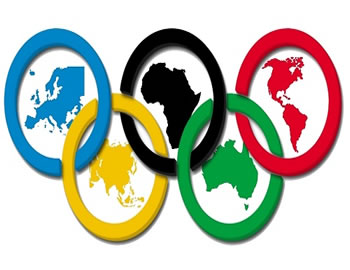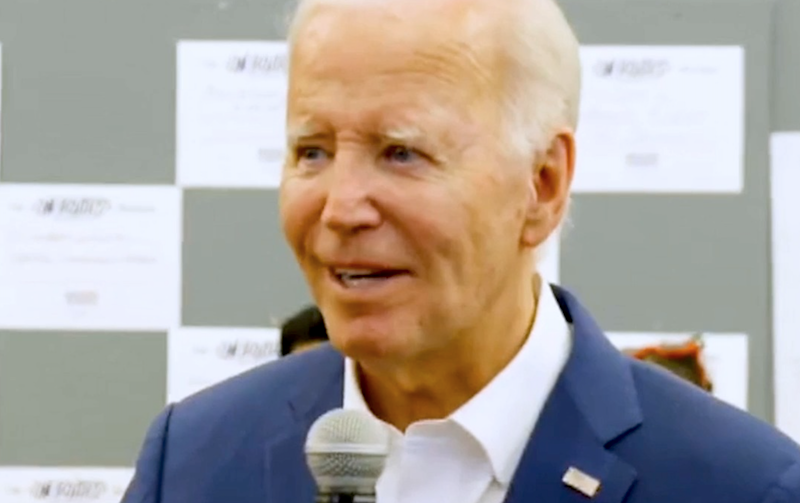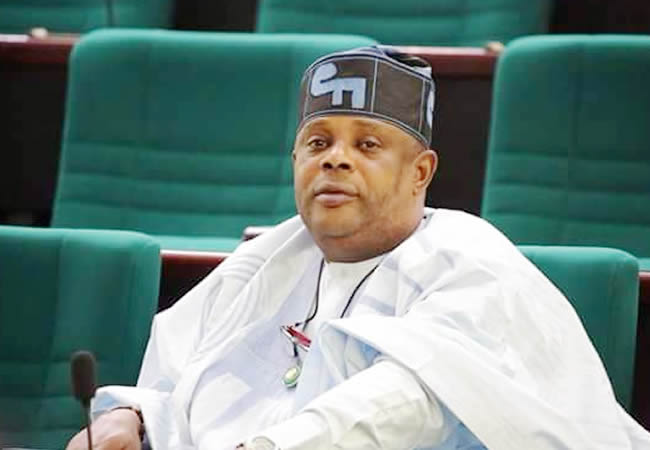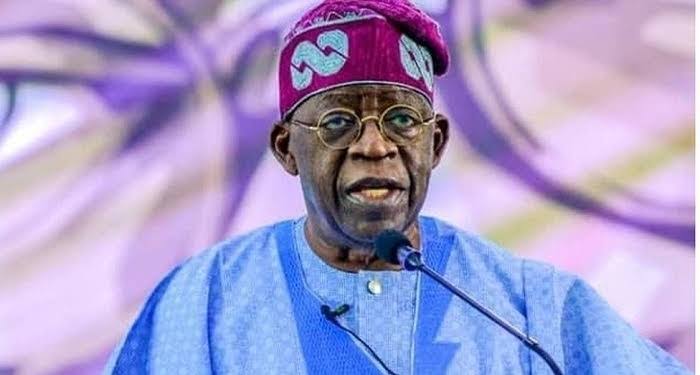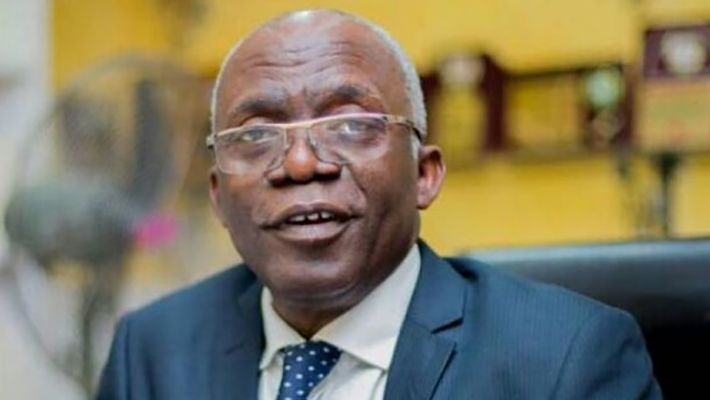The federal government (FG) has said there is no evidence of the COVID-19 variant known as XEC in Nigeria, and advised the general public not to panic but continue with the universal precautions of observing personal hygiene including regular washing of hands.
TheNewsGuru.com (TNG) reports the newly detected COVID-19 variant was reported in Australia and has spread to about 29 Countries globally, which has shown a more virulence over other circulating strains.
The FG made the disclosure in a statement by Alaba Balogun, Deputy Director of Information & PR in the the Federal Ministry of Health and Social Welfare.
“Since the COVID variant XEC has not been detected in Nigeria, it has therefore become imperative to address and correct the misinformation circulating on social media regarding a supposed resurgence of COVID-19 in the country.
“We urge the public to disregard the contents of a letter (Ref. No. DHS/INSPDIV/017/VOL.1/46, dated 5th December 2024) that has been widely shared online. Citizens are advised to remain calm, rely on verified information from official sources, and continue their daily activities as usual.,” the statement reads.
According to the statement, the FG “has proactively upgraded our Federal Tertiary Hospitals by establishing Molecular Laboratories, Isolation centers, and intensive care units equipped with ventilators.
“In light of the above the general public is advised not to panic but continue with the universal precautions of observing personal hygiene including regular washing of hands,” the statement reads.
COVID-19: What Nigerians need to know about XEC strain
As the world continues to battle the constantly evolving COVID-19 pandemic, new variants of the virus are emerging, each presenting unique challenges.
One such variant is the recently identified XEC strain, which has raised concerns due to its potential impact on global public health.
The News Agency of Nigeria (NAN) reports that Coronavirus disease (COVID-19) is an infectious disease caused by the SARS-CoV-2 virus.
COVID-19 can cause mild to severe respiratory illness, including death. The first known case was identified in Wuhan, China, in December 2019.
Since the beginning of the pandemic, there have been number of prominent variants, including Alpha, Beta, Delta, Omicron and XEC.
The XEC strain was first detected in Germany in June 2024 and has since spread to 27 countries.
It has been found in several countries across Europe, Asia, and North America, with at least 600 confirmed cases in the past four months.
Countries affected include Germany, France, the United States, the United Kingdom, Denmark, Canada, China, Norway, Poland, and the Netherlands.
The World Health Organisation (WHO) has stated that the XEC strain is a subvariant of the Omicron lineage of the SARS-CoV-2 virus.
Like other variants, the XEC strain has raised concerns due to its potential for increased transmissibility and partial immune escape.
This means that individuals who have been infected with previous strains or who have been vaccinated may still be at risk of reinfection.
However, vaccines remain the most effective defence against severe illness.
The WHO further explained that the XEC strain, like other COVID-19 variants, primarily spreads through respiratory droplets when an infected person coughs, sneezes, or talks.
According to the UK Health Security Agency (UKHSA), the XEC strain is a combination of the KS.1.1 and KP.3.3 variants.
Surveillance data from the UKHSA indicates that the admission rate for patients testing positive for all strains rose to 4.5 per 100,000 people in the week leading up to October 6, 2024.
Experts believe the XEC strain is more transmissible due to its numerous mutations. Symptoms of this strain are similar to those of other COVID-19 variants, including fatigue, headaches, sore throat, and high temperatures.
Dr Jamie Lopez Bernal, Consultant Epidemiologist at UKHSA, noted, “Our current surveillance shows that around 13 per cent of sequenced COVID-19 cases are of the XEC lineage.
However, current information doesn’t suggest we should be more concerned about this variant. We are monitoring it closely, and vaccination still offers the best protection.”
While the symptoms of the XEC strain are generally similar to those of other COVID-19 variants, they can range from mild to severe.
Common symptoms include fever, cough, fatigue, shortness of breath, sore throat, and loss of taste or smell. Some individuals, especially those with underlying health conditions, may experience more severe complications.
The elderly and individuals with compromised immune systems are particularly vulnerable to the more severe effects of the virus.
In Nigeria, experts are urging the public to remain vigilant and informed about this new strain, which could alter the course of the ongoing fight against the virus.
Although the XEC strain has not been officially reported in Nigeria, the Coordinating Ministry of Health and Social Welfare, Prof. Muhammad Ali PAte, has been monitoring the situation closely and is advising healthcare providers to be cautious.
The Ministry emphasised the importance of precautionary measures to prevent the potential spread of the variant into Nigeria.
Experts stressed that vaccines remain the most effective tool in protecting against severe disease.
With Nigeria’s vaccination drive ongoing, citizens were strongly encouraged to participate.
Dr Adesola Adebayo, a public health expert, highlighted the continued importance of following public health guidelines:
“The emergence of the XEC strain is a reminder that the pandemic is far from over.
“It’s crucial that Nigerians continue to adhere to safety guidelines and take personal responsibility in preventing the spread of COVID-19.”
Adebayo further stated, “Vaccination, adherence to safety protocols, and public health measures remain essential in protecting ourselves and our communities.”
According to the National Primary Health Care Development Agency (NPHCDA), Nigerians can access the COVID-19 vaccine at public and designated private health facilities, COVID-19 Diagnostic Centres, motor parks, shopping malls, markets, event centres, and schools.
Amongst others were public places across all 36 states and the Federal Capital Territory (FCT).
The XEC strain serves as a stark reminder that the battle against COVID-19 is ongoing.
Hence, Nigerians are urged to stay informed, get vaccinated, and adhere to public health guidelines to protect themselves and their communities from this evolving threat.



